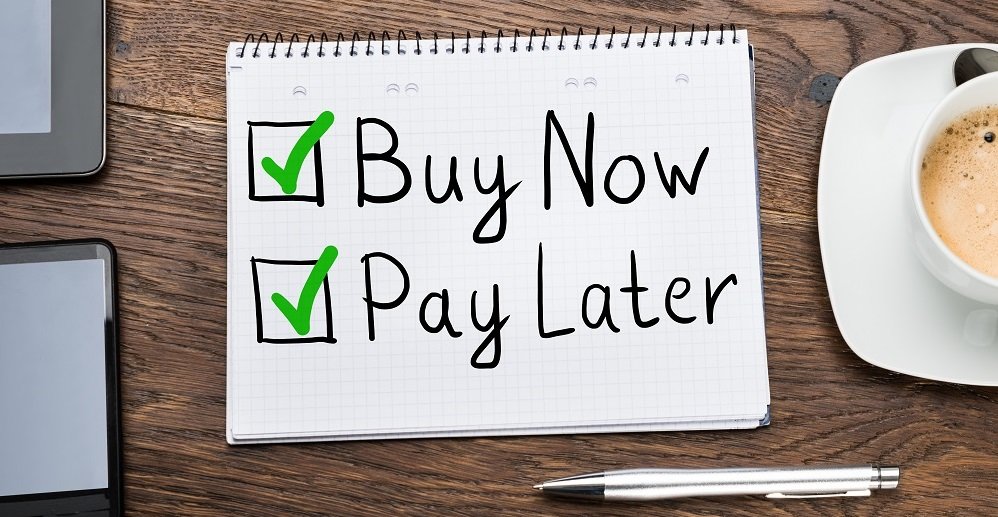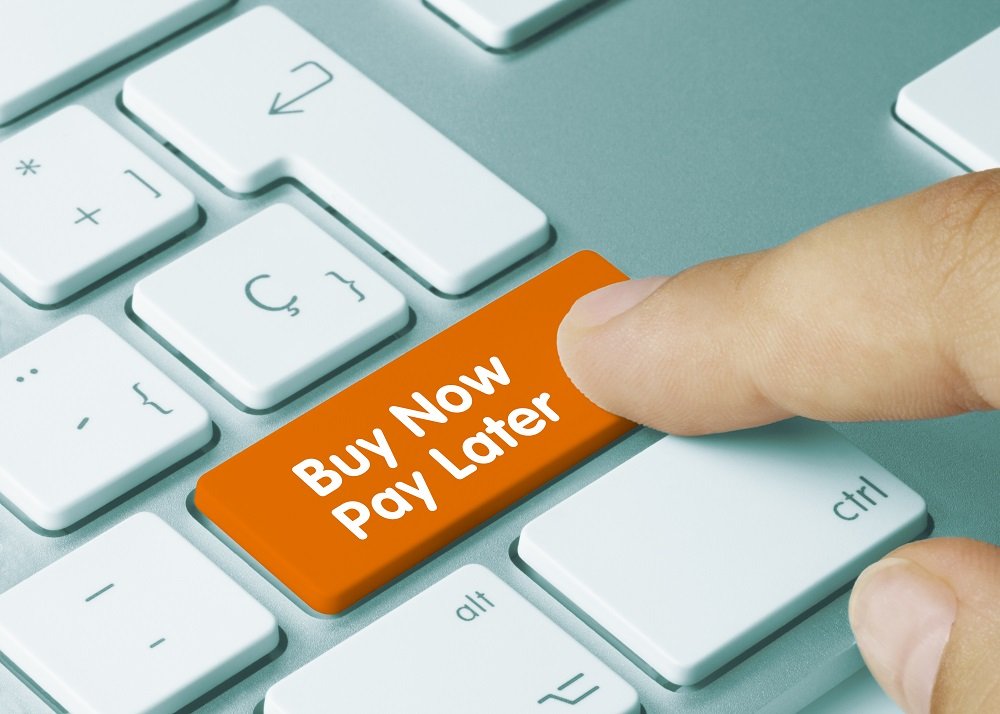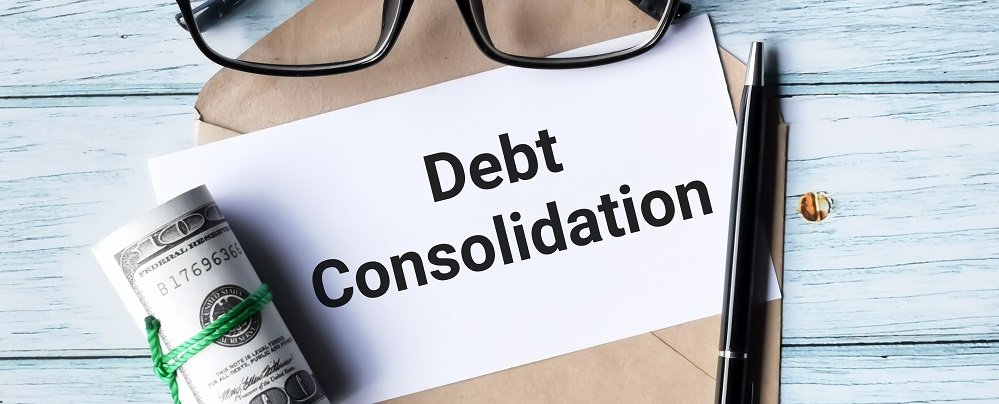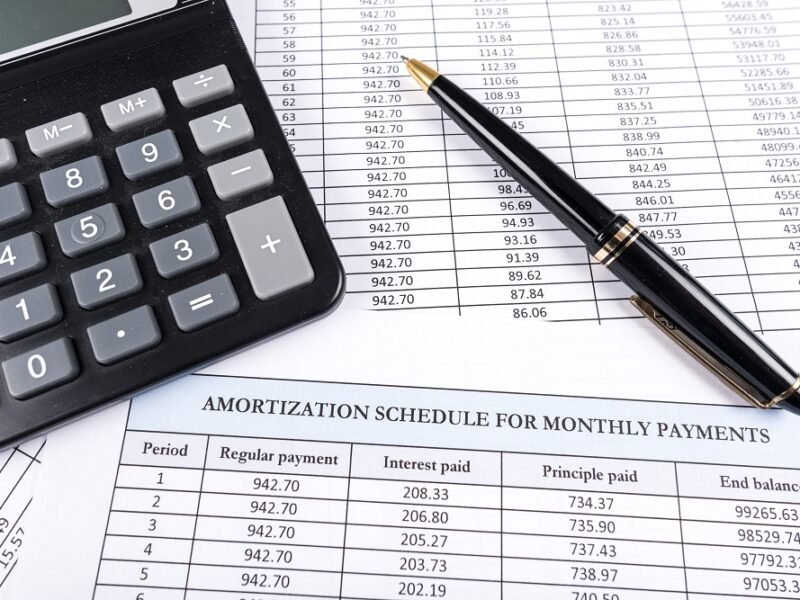Buy Now Pay Later: Everything You Need to Know

The retail industry has been trying to find clever ways to extend credit and credit-like products to consumers for as long as markets have existed. The concept of Buy Now Pay Later, or BNPL for short, is no different.
Buy Now Pay Later is bit like Layaway and a bit like using a Credit Card.
When you use BNPL, you receive the item up front, and will be paying installments over a period of time at 0% interest (usually). Thus, like Credit Cards you can get the item up front and like Layaway you will be paying next to no interest.
However, like all things, there is more going on under the hood that you should become familiar with prior to using BNPL.
In this article, I’ll go over the pro’s and con’s of using BNPL. Additionally, I’ll explain the rise in popularity (I expect it will grow much more in the future) and if you should consider it as a viable option as a responsible consumer.
Here is what we’ll cover below:
Table of Contents
What is Buy Now Pay Later?
BNPL occurs during what is known as the point of sale. In other words, when you are at the cash register (physically or virtually). At the time of purchase, you are given an option to ask for approval to pay a portion up front and the rest of the amount over a predefined term.
Usually, BNPL is made possible by 3rd party companies that have teamed up with the merchant you are buying a product from. Sometimes, BNPL is a product offered by the store itself.
Many times (but not all) BNPL is premised on an offer of 0% interest. You are allowed to make a small deposit (perhaps 25%) and then pay the rest off over a period of weeks or months.
To be approved for BNPL you will likely be asked to undergo a credit check. If the BNPL service requests a Soft Credit Check then the Check will not affect your credit score, however if the service requires a hard check, then it may negatively impact your credit score for a year or 2.
BNPL, although like using a credit card, is different in that the flexibility of payoff terms is exchanged for lower interest and fees. Instead of only having to pay the minimum amount on a credit card, you will be asked to pay back the loan at predetermined intervals.
Do You Need a Good Credit Score for Buy Now Pay Later?
Generally, BNPL offers are not necessarily contingent on your score. People are generally able to get BNPL offers without having a score that would ordinarily be required for other credit products.
The big catch is that although much of the industry touts 0% interest rates, if you have poor or no credit you may find that you will be paying more interest… sometimes more than if you would have used a credit card. Additionally, using a BNPL will likely not help build credit.
What are Some Reputable Buy Now Pay Later Companies?

The concept of Buy Now Pay Later is an incredibly hot topic among merchants, banks and even tech companies. Here is a list of some of the most popular BNPL companies that focus exclusively on these types of loans:
- Affirm
- Sezzle
- Afterpay
- Splitit
- Perpay
- PayPal Pay in 4
- Klarna
Many large banks offer BNPL and even Microsoft has attempted to integrate a BNPL feature in it’s Internet Browser Edge. In fact, here is an article talking about the feature and how it should be considered bloatware.
Long story short, BNPL is everywhere. There are several reputable companies, but it is always important to read the terms and conditions for repayment. Not all transactions are the same. Each company has different requirements.
Even within the same BNPL company, requirements for purchases for various items and customer backgrounds may impact the quality of the terms of repayment.
What if I default on a BNPL Loan?
If you default on a BNPL loan the consequences are much the same as if you had defaulted on a Credit Card. The default would likely be reported to one of the 3 credit bureaus; your debt would likely be sent to collections; and your ability to use BNPL in the future would be in jeopardy.
The interesting part about BNPL loans is that they are generally not reporting your debt obligations unless you default. Thus, your reoccurring monthly payment is invisible to other traditional credit lending institutions. This includes banks.
I won’t go too much further in detail about the consequences of BNPL debt on the larger market, but suffice it to say that I don’t think BNPL’s current lack of credit reporting to continue much longer without the ability to use some other measure of credit risk.
What this measurement eventually looks like may or may not be beneficial to consumers (e.g. tracking your online behavior with greater fidelity).
Can I Consolidate multiple BNPLs?

Yes, you can technically consolidate BNPLs.
However, you will likely have to consolidate with a 3rd party. Additionally, the consolidation will likely require a more thorough credit check and your interest rate most certainly won’t be 0 or anywhere close to it.
If you find yourself in a situation where consolidation seems appealing, you likely need to address other spending habits. That said, it may be an option to extend your current debt obligations into the future as a tradeoff for lower monthly payments (but likely higher interest!).
How do BNPL Companies Make Money?
So how do BNPL companies make money you might ask? Well, there are a couple of ways.
First consider the BNPL offered by the merchant who is also selling you the goods. Likely this institution is just making profit off your purchase. They are betting that by extending BNPL lending they are increasing the number of customers that will follow through with a purchase.
Next, consider a BNPL company such as Affirm. Affirm offers BNPL financing for Peloton Bikes. Affirm is somehow able to offer 0% loans for some pricey equipment. In this case, the BNPL company has an established relationship with the merchant.
Peloton, in this case, is Affirm’s customer… not you. They are the ones that have paid Affirm a fee so that people can purchase their gym equipment over the internet using a monthly installment option. The fee for BNPL is built into the product price.
Given this information, I’d be a little disappointed if I purchased something from a merchant offering BNPL and I was paying for the item in full… my purchase is subsidizing others’ debt. I’m paying for a service that I don’t want and that might be a poison pill for others.
Is Using Buy Now Pay Later a Good Idea?
Let me preface what I am about to say by reminding you that you are on a personal finance blog.
Using Buy Now Pay Later services is just like using a credit card… perhaps at a 0% introductory rate except with more stringent payoff terms. Although no debt is equal, debt is not something I would ever recommend you put yourself up against.
It’s not likely that you will find BNPL offers for items that rest solely in the need category of life such as food, shelter, or medical care. So, with that, the answer is ‘no’. I do not recommend BNPL services.
What I do recommend is to save up for what you want in advance and then purchasing the item in question once you have the money.
Adding a monthly, reoccurring debt obligation is not something to fiddle around with. Things can quickly spin out of control and the consequences, both financially and emotionally can be devastating.
Should I Invest in Buy Now Pay Later Stocks?
I bring this topic up because BNPL companies have been on fire. They are some of the most successful stocks in the field of decentralized finance (a.k.a. DeFi).
The question of whether to invest in a BNPL company comes down to two questions that you will have to answer for yourself:
- Do I want to be in the business of extending loans out to those who may not be able to afford it (e.g. predatory loan lending)?
- What happens when a debt bubble resulting in poor credit risk reporting causes the company to rethink its business model and/or government regulations force the issue?
If you can get around these two topics, you may find several companies worth investing in.
Summary
Buy Now, Pay Later companies allow consumers at the point of sale to pay for items in an installment fashion. They can put a little bit down up front, agree to pay a predetermined amount for several weeks or months and usually all for low or no interest.
Credit reporting and requirements for BNPL services are murky and likely to change over time. When compared to credit cards, BNPL may present a cheaper, although more restrictive option. At the end of the day, debt is debt and BNPL just offers a new way to be bad with money.
I hope you enjoyed this article. If you have any other thoughts (even if you disagree!), throw them down in the comments. I’ve never used BNPL services (and don’t plan to), but that does not mean that others have not found a responsible way to use them!
Guy Money
As a formally trained Data Scientist I find excitement in writing about Personal Finance and how to view it through a lens filtered by data. I am excited about helping others build financial moats while at the same time helping to make the world a more livable and friendly place.



